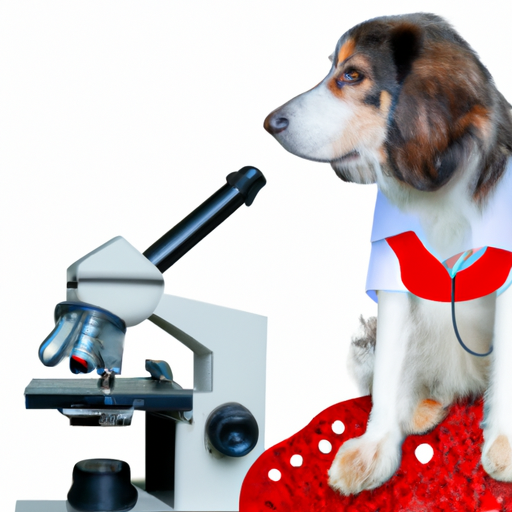As devoted caregivers to our furry friends, it’s of utmost importance that we understand the ailments that can affect them, and how best to treat these conditions. One such condition is anemia, a potentially serious problem that can affect dogs of any breed or age. In simple terms, anemia refers to a reduction in the number of red blood cells or the amount of hemoglobin in your dog’s blood.
Understanding Anemia in Dogs
Anemia isn’t a disease in itself, rather a symptom of many other potential health issues. It can be related to blood loss, a decrease in red blood cell production, or an increase in red blood cell destruction. In severe cases, anemia can be life-threatening, but with the right care and treatment, your dog can recover fully.
Symptoms of Anemia
Before you can treat anemia, you need to recognize its symptoms. Some of the key symptoms include:
- Pale gums
- Lethargy or fatigue
- Rapid breathing
- Loss of appetite
- Dark, tarry stools
If your dog displays any of these symptoms, it’s crucial to consult a vet as soon as possible. Early detection can make a significant difference in the outcome of anemia treatment.
Diagnosis and Treatment
A vet will diagnose anemia through a series of tests, such as a complete blood count (CBC), a reticulocyte count, and a packed cell volume (PCV) test. The treatment for anemia in dogs depends on the underlying cause. It can include:
-
Blood transfusions: In severe cases of anemia, your vet may recommend a blood transfusion to quickly increase the number of red blood cells.
-
Medication: Certain medications can help to stimulate the production of red blood cells or to treat the underlying cause of anemia.
-
Dietary changes: In some cases, dietary changes can help to increase the number of red blood cells. This could include iron-rich foods or supplements.
-
Surgery: If the anemia is caused by a tumor or internal bleeding, surgery may be necessary.
Preventing Anemia in Dogs
Prevention is often better than cure. Here are some tips to help prevent anemia in your dog:
- Regular check-ups with your vet to detect any potential health issues early.
- A balanced diet to ensure your dog is getting all the necessary nutrients.
- Regular exercise to keep your dog healthy and fit.
- Regular deworming, as parasites can cause anemia.
Frequently Asked Questions
Q: Can anemia in dogs be cured?
A: Yes, with the right treatment and care, most dogs can fully recover from anemia.
Q: Can I give my dog human iron supplements?
A: No, it’s not safe to give your dog human iron supplements without consulting a vet. Overdosing can be toxic for dogs.
Q: How long does it take for a dog to recover from anemia?
A: The recovery time depends on the underlying cause of the anemia and the severity of the condition. It can take anywhere from a few weeks to several months.
Remember, as a caregiver, the most important thing you can do for your dog is to provide them with the care and love they need, especially when they’re not feeling their best. Stay vigilant for any signs of anemia and seek veterinary advice promptly if you have any concerns.



